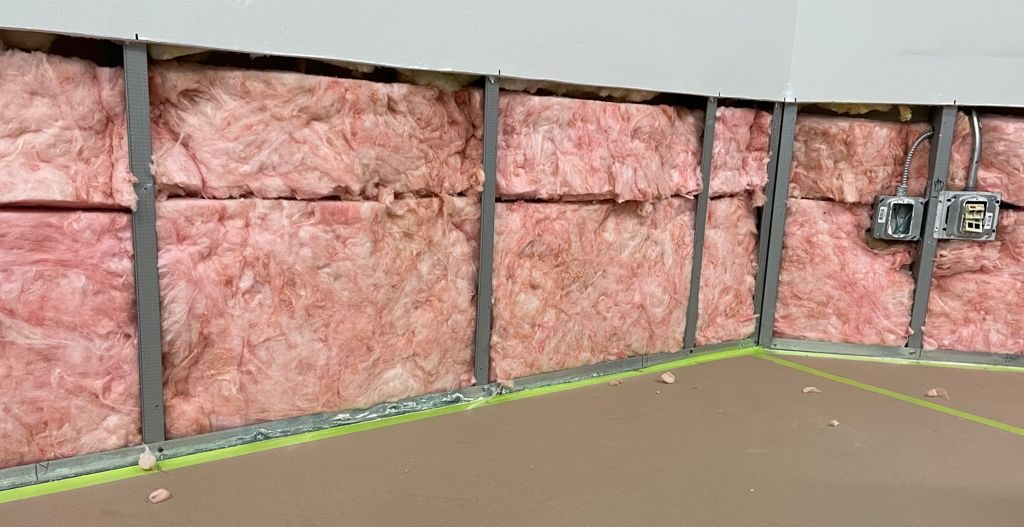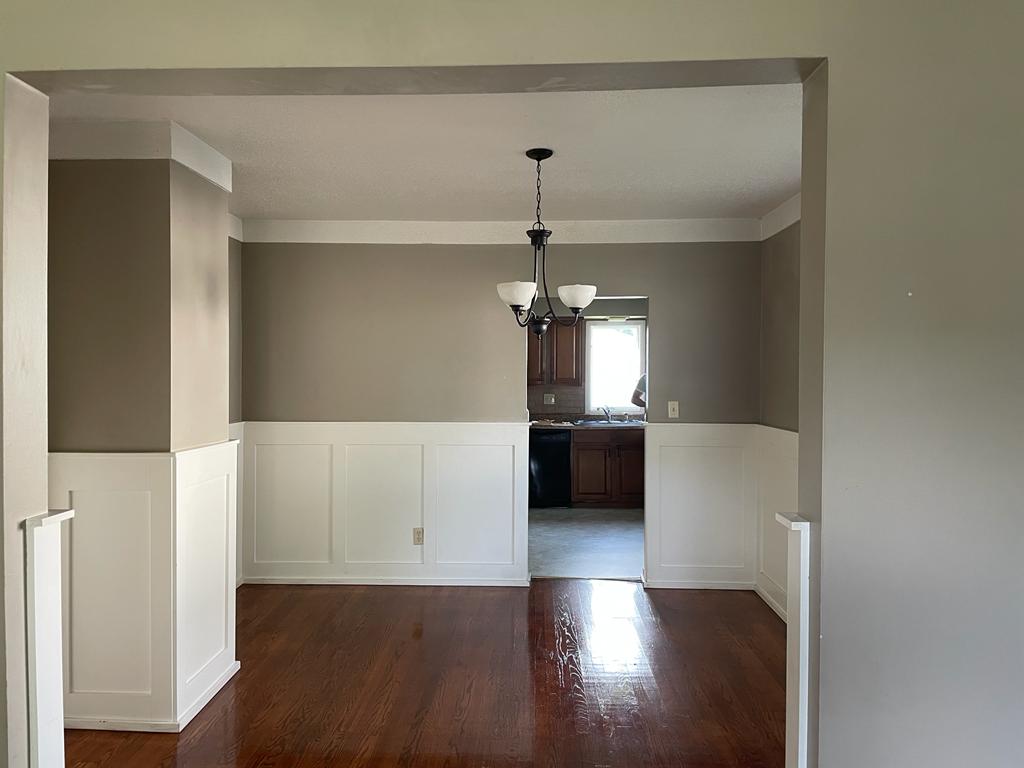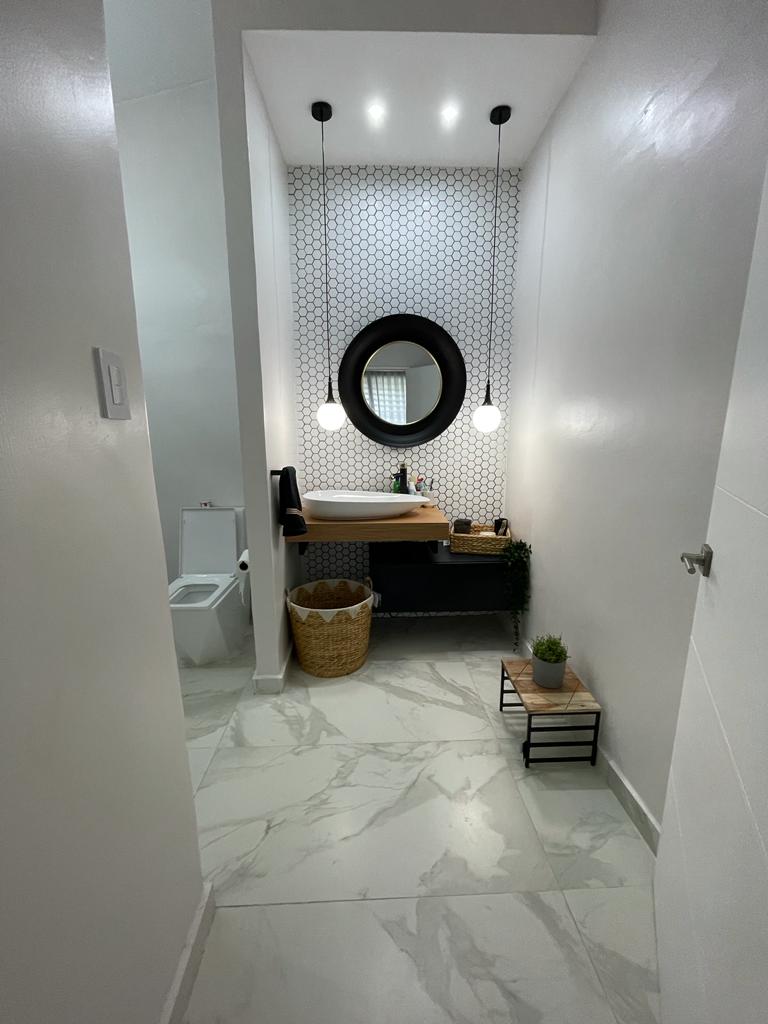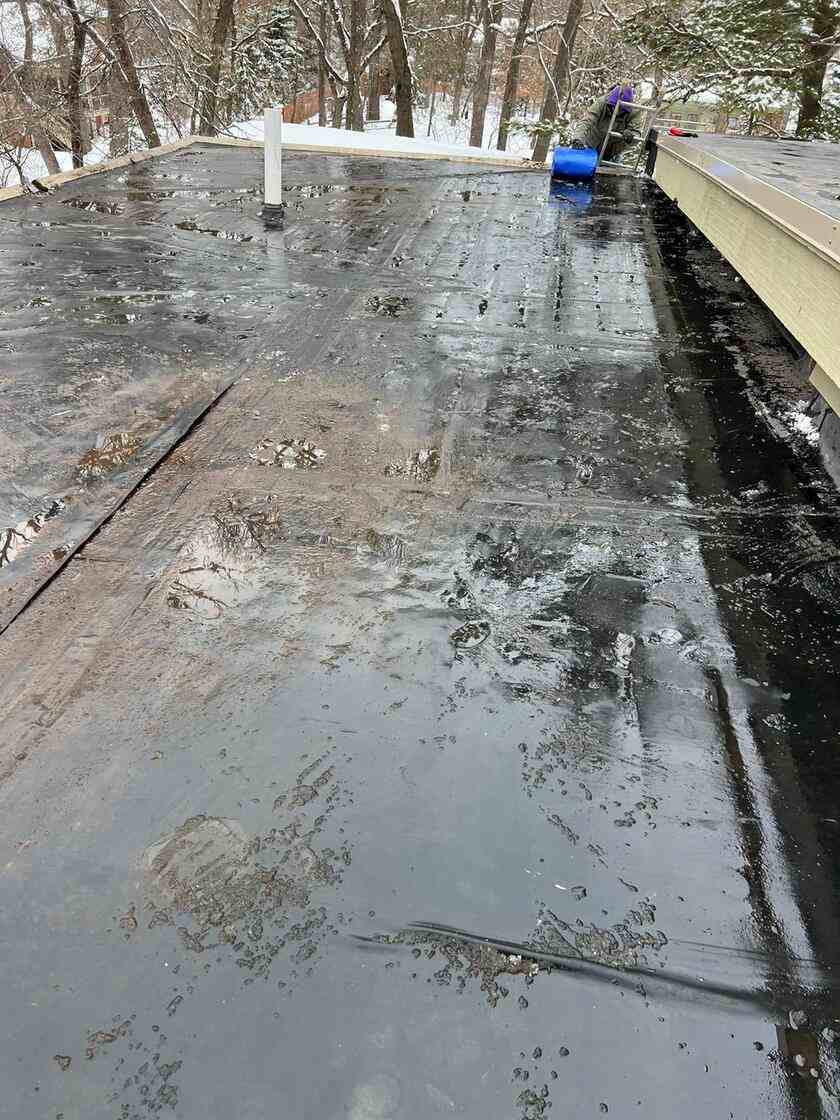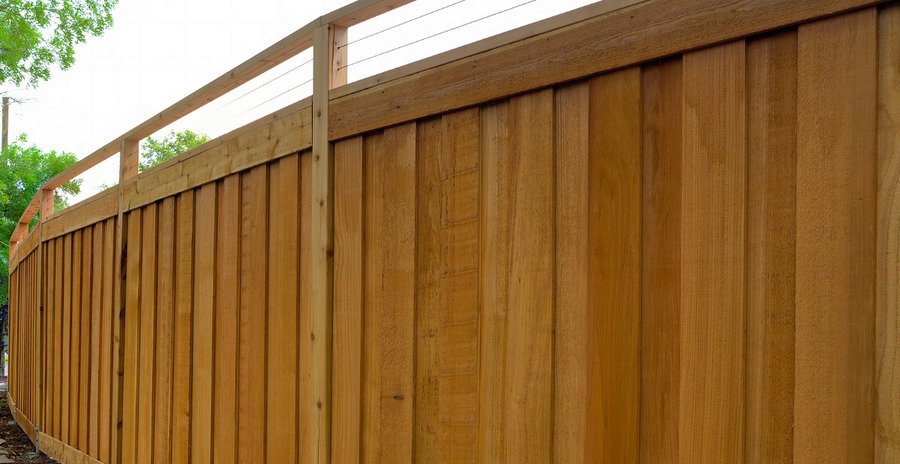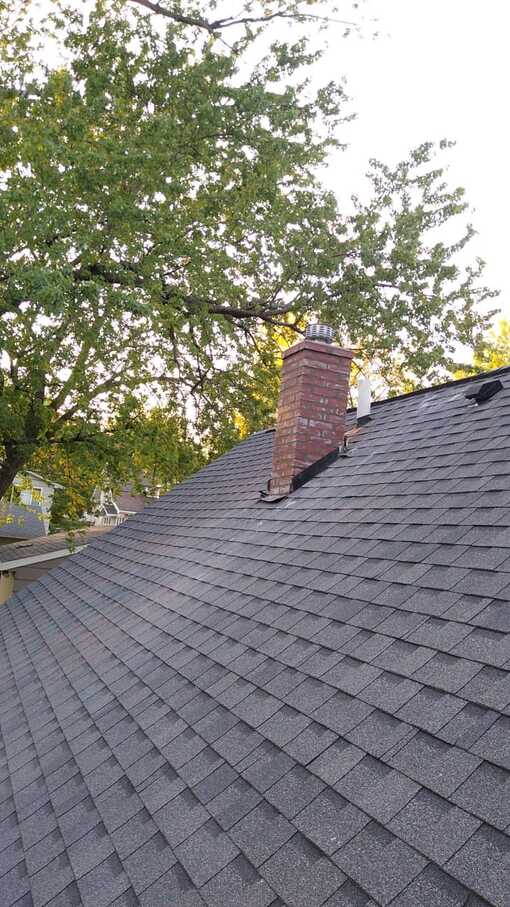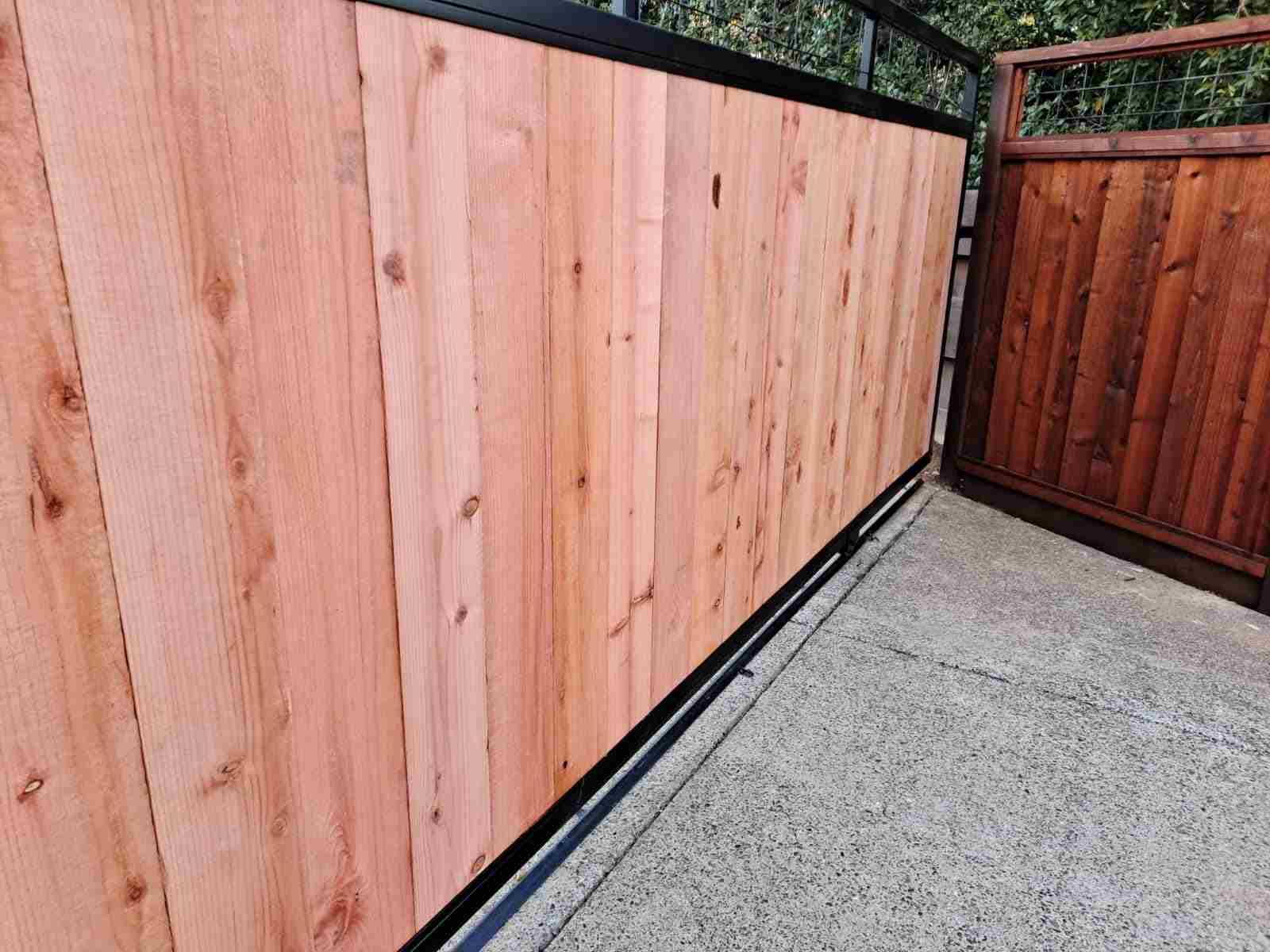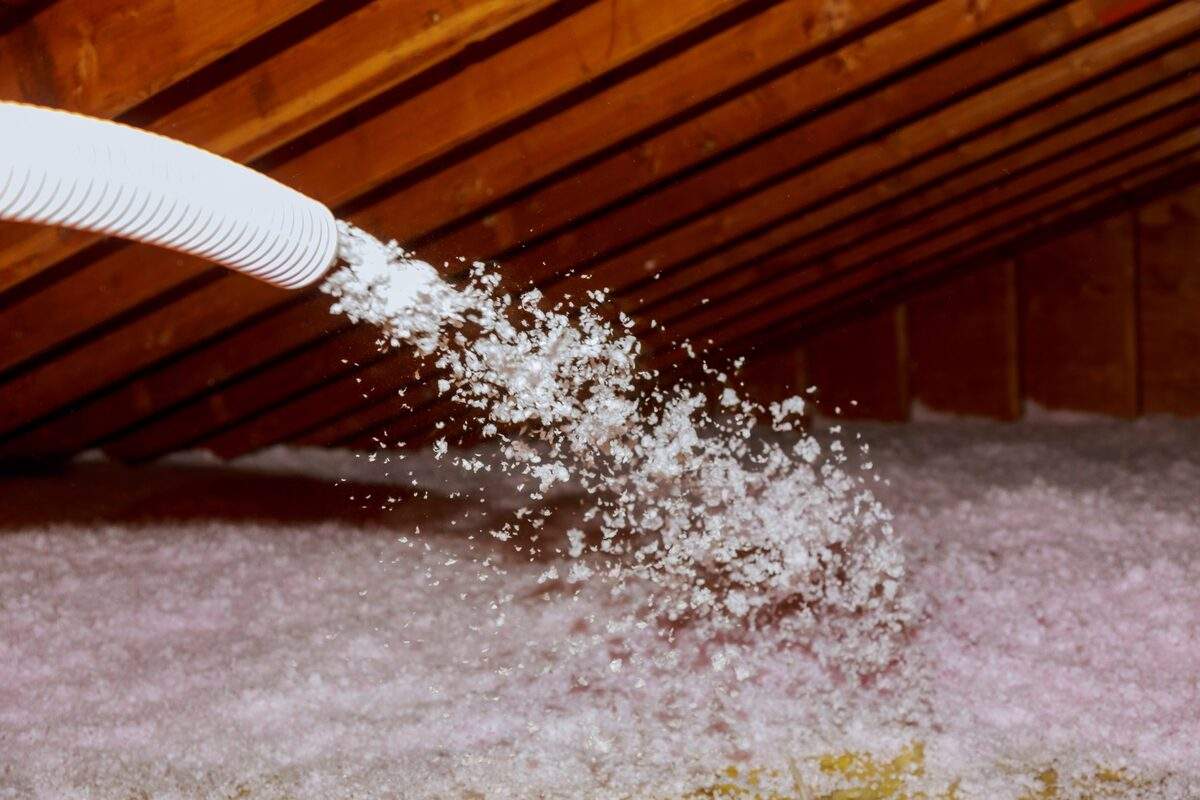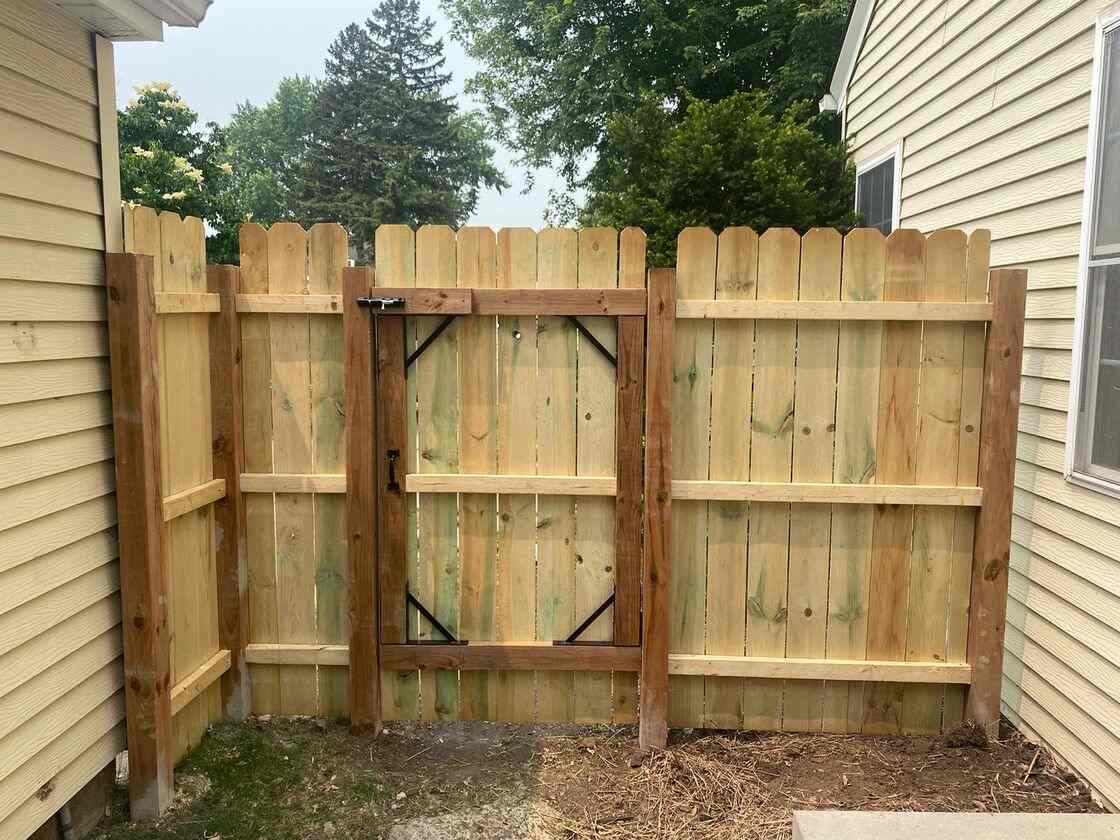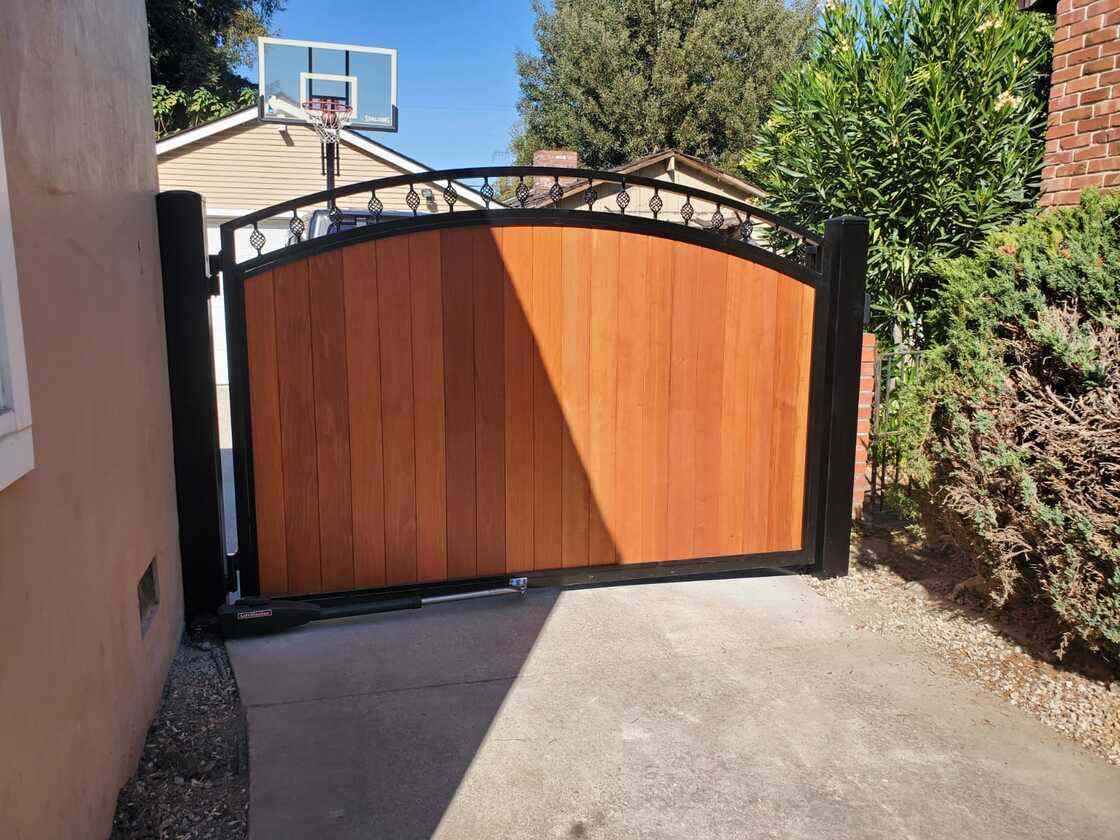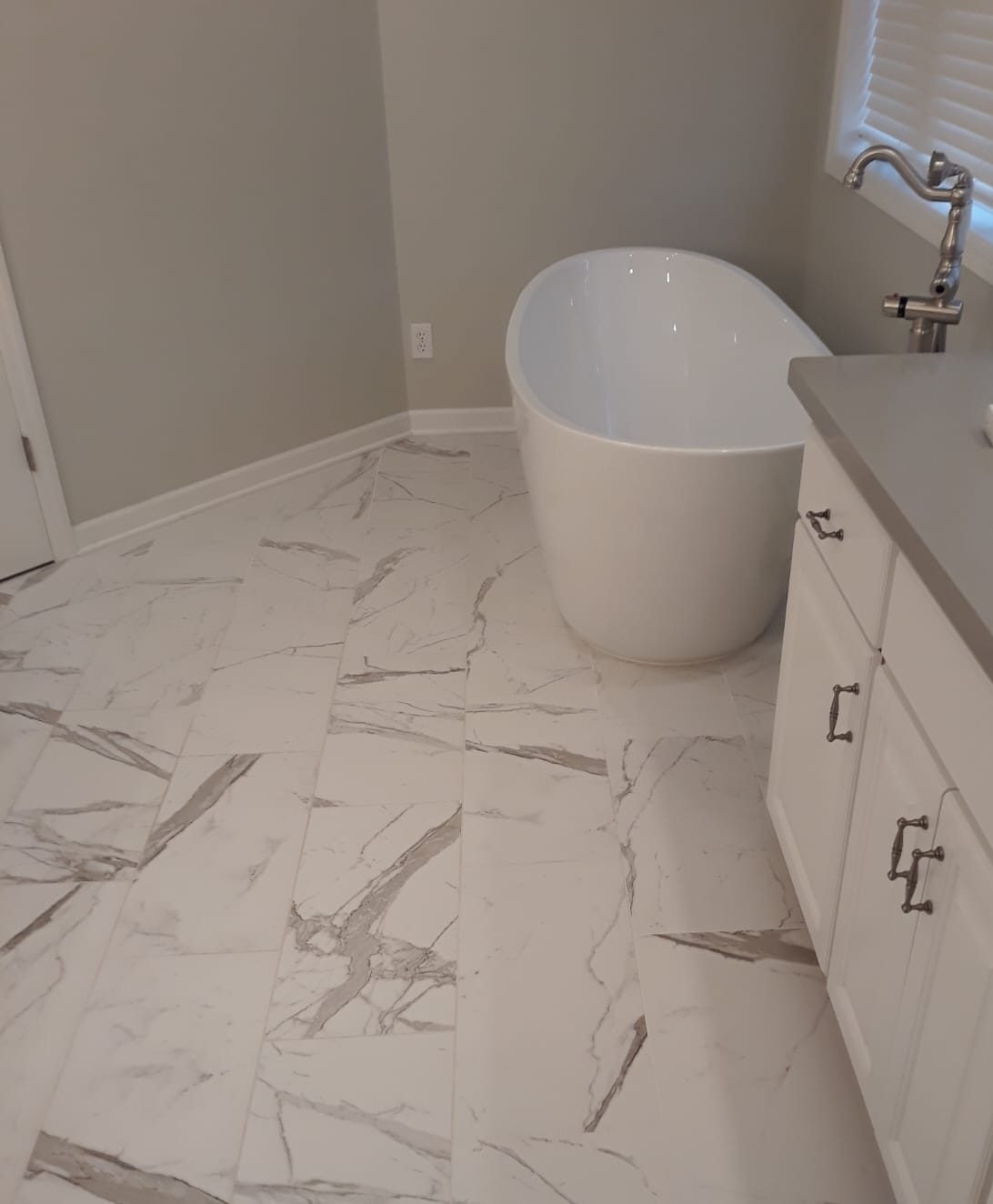Insulation: The Secret to Saving Money on Your Energy Bills
Are you aware of the significance insulation can have on your energy costs? Insulation plays an essential role in keeping your home warm during winter and cool throughout summer, thus helping you save money. In this blog post we will explore the various types of insulation available and how it could help trim down energy bills. Furthermore, guidelines to choosing a suitable type for your house are included too.
1. Fiberglass insulation- this is the most common type of insulation and it has an R-value between 2.5-4 per inch
2. Cellulose insulation- this type of insulation is made from recycled paper products and has an R-value of 3.6-3.8 per inch
3. Rigid foam insulation- this type of insulation is made from polystyrene or polyurethane and has an R-value of 4 to 8 per inch
4. Spray foam insulation- this type of insulation can be sprayed into place and expands to fill any gaps, it has an R-value of 6 to 8 per inch
5. Radiant barrier insulation- this type of insulation reflects heat away from your home and can have an R-value up to 1
6. Reflective bubble wrap insulation- this type of insulation works by reflecting heat back into your home and has an R=value up to 3.
Barbara one of our customers Was Telling us
“As a homeowner, reducing my energy bills has been an important goal for me. Improving the insulation in my home is one of the best ways to do this, as it significantly decreases the amount of heating and cooling that your home needs. With better insulation, I can save money because I won’t have to expend as much money on utilities every month. Because of this, installing more insulation has become a no-brainer decision today! Not only will it help me keep more money in my pocket each month, but it also makes my home safer and more comfortable–it’s a win-win!”
Not sure which insulation is most suitable for your new or existing home?
When it comes to choosing insulation for your home, there are many factors to consider. Insulation is an important part of any home, as it helps keep the temperature inside comfortable and can also reduce energy costs. The type of insulation you choose will depend on the climate in your area, the size of your home, and other factors such as budget and existing infrastructure.
The most common types of insulation materials used in homes are cellulose, fiberglass, mineral wool (rock or slag), and spray foam. Cellulose is made from recycled paper products and is a good option for soundproofing and reducing air infiltration. Fiberglass is one of the most affordable options but can be difficult to install correctly. Mineral wool is a good choice for fire resistance and soundproofing, while spray foam offers superior air sealing capabilities.
When selecting insulation for your home, it’s important to consider its R-value, which measures its thermal resistance. The higher the R-value, the better the material’s ability to resist heat flow. Different types of insulation have different R-values depending on their thicknesses; thicker materials will generally have higher R-values than thinner ones. It’s also important to consider how much space you have available for installation; some materials require more space than others due to their bulkiness or complexity of installation.
In addition to considering the type of insulation material you choose, it’s also important to think about how you will install it in your home. If you plan on doing it yourself, make sure you read up on best practices before beginning any work; if not, hiring a professional installer may be a better option. Additionally, make sure that any insulation installed meets local building codes; this will help ensure that your home remains safe and comfortable for years to come.
Finally, when choosing insulation for your home don’t forget about other considerations such as cost and environmental impact. Some materials may be more expensive upfront but can save money over time due to their energy efficiency; others may be more eco-friendly but may not offer as much protection from heat loss or soundproofing capabilities as other options do. Taking all these factors into account will help you find an insulation solution that works best for both your budget and needs.
Insulation plays an important role in keeping our homes comfortable year round while saving us money on energy bills in the long run – so make sure you take all necessary steps when selecting the right type for your new or existing home!


